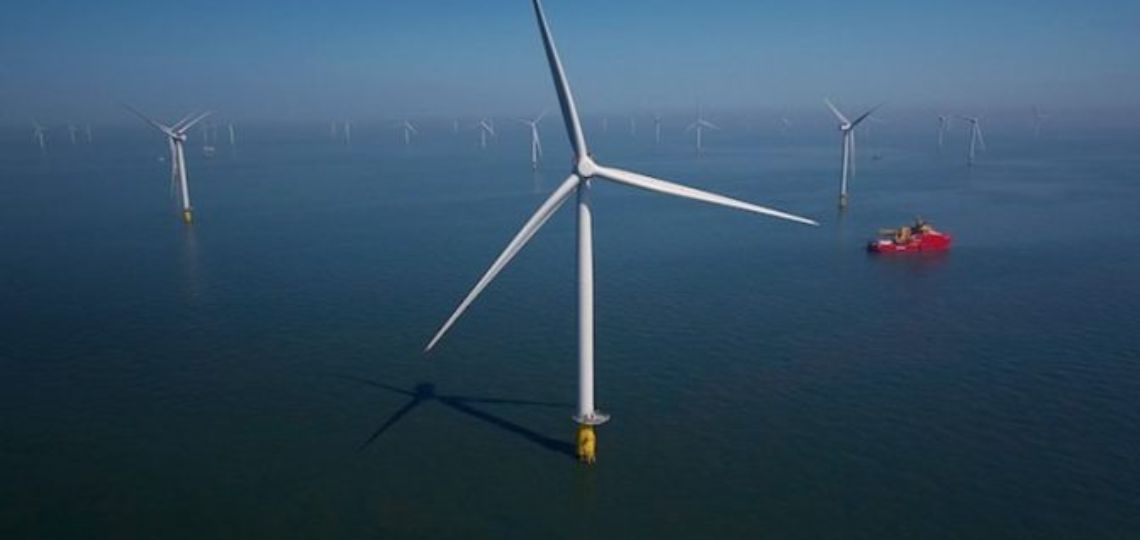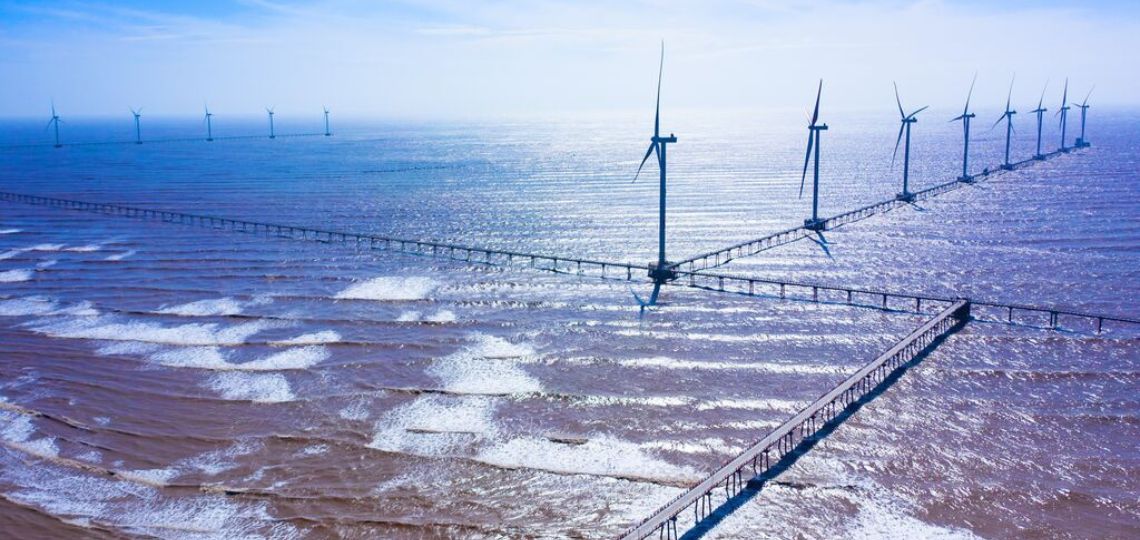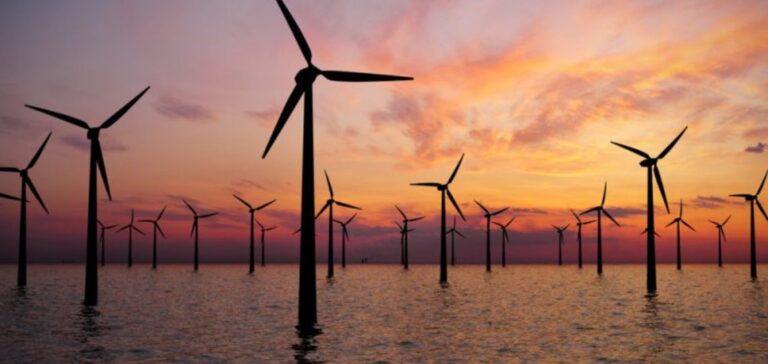Thailand’s Gulf Energy has acquired 50% of the Borkum Riffground 2 offshore wind farm. This offshore wind farm enables energy to be generated more quickly, without causing noise or visual disturbance. However, the impact of these offshore installations on biodiversity has yet to be fully established.
The offshore wind farm transaction
The latter is estimated to be worth between €548 million and €558 million, or between $618 million and $629.5 million. The contract took effect on July 3, 2020, as Yupapin Wangviwat, Executive and CFO of the Thai energy giant, recently explained.
Buying a pre-existing floating wind farm
This 464.8 MW offshore wind farm is located in the German North Sea, in the northwest of Germany. This offshore wind farm was commissioned in April 2019 and supplies electricity under a 20-year agreement with Danish multinational electricity company Ørsted. The Danish company has an agreement to operate and maintain the park. For information, the last turbine was installed in 2018 by MHI Vestas Offshore Wind.
A tripartite agreement
The project was developed through the company’s Gulf International Holding subsidiary. It has signed a share purchase agreement with Global Infrastructure Partners to acquire the BKR2 park. The 25-year-old Danish multinational Ørsted remains the main shareholder with a 50% stake in this German offshore wind farm.
An acquisition project supported by Berlin.
Following this transaction, the German government offered companies a feed-in tariff for the years 1-9.5 after the start of commercial operations. The site then obtains a guaranteed floor price until the twentieth year. According to Bangkok Post, this provides the company with stable, long-term revenues.

An opportunity for the Thai company
According to Gulf Energy for Reve magazine, this project would enable the company to broaden its prospects in terms of renewable energy, a new pillar of its energy strategy. In addition, the agreement opens up new international opportunities and prospects, and guarantees greater economic potential.
“Gulf energy has great ambitions with BKR2, perfectly in line with its strategy to develop and export its expertise in renewable energy. This transaction enables the company to enter into a strategic partnership with Ørsted, the world leader in offshore wind energy. The Danish company currently delivers 6.8 gigawatts of power worldwide via its offshore wind turbines. A further 3.1 gigawatts are scheduled for construction between now and 2022 in countries such as the UK, Germany, Denmark and the U.S.”
This transaction also provides Gulf energy with an early return on investment, which will significantly increase its earnings base for the current year.
With this offshore wind farm, the Thai giant is looking to the future.
In 2020, the Thai company made another acquisition with the 100 MW wind power project in Vietnam. It has also significantly increased its stake in a gas-fired power plant in Oman. These initiatives demonstrate the company’s determination to establish itself on the international stage as a leader in the energy sector.

Purchases made possible by lower interest rates.
The company now wishes to invest for the future. Indeed, the company’s Chief Financial Officer, Yupapin Wangviwat, has announced his intention to make further asset purchases during this period. The fall in interest rates since the start of 2020 has reduced the financial costs of energy companies. This has enabled asset prices to fall, making them more accessible. An opportunity for the developing Thai company.
Diversification of its activities
In particular, the company has announced its intention to acquire Dien Xanh Gia Lai Investment Energy Joint Stock (DGI). The company has developed and operates the Ia Pech 1 and Ia Pech 2 onshore wind farm projects. These wind farms have a capacity of 50 MW each. Gulf Energy développement is therefore looking to diversify its site locations to broaden its reach and secure its place as one of the new leaders in the energy industry.






















